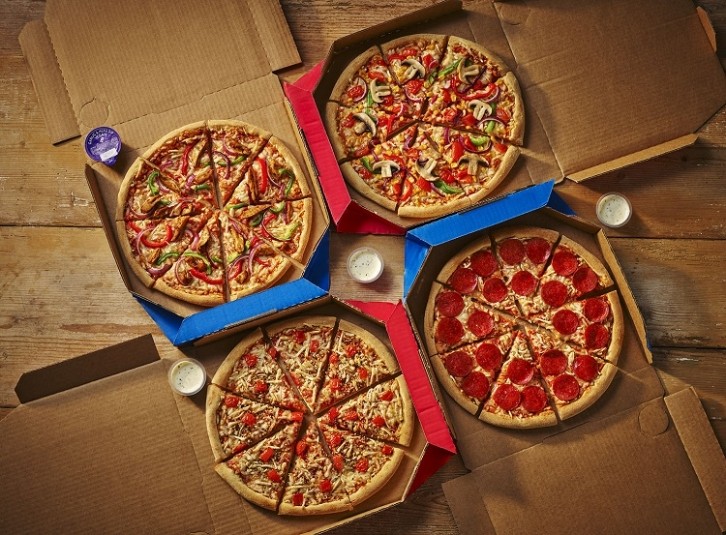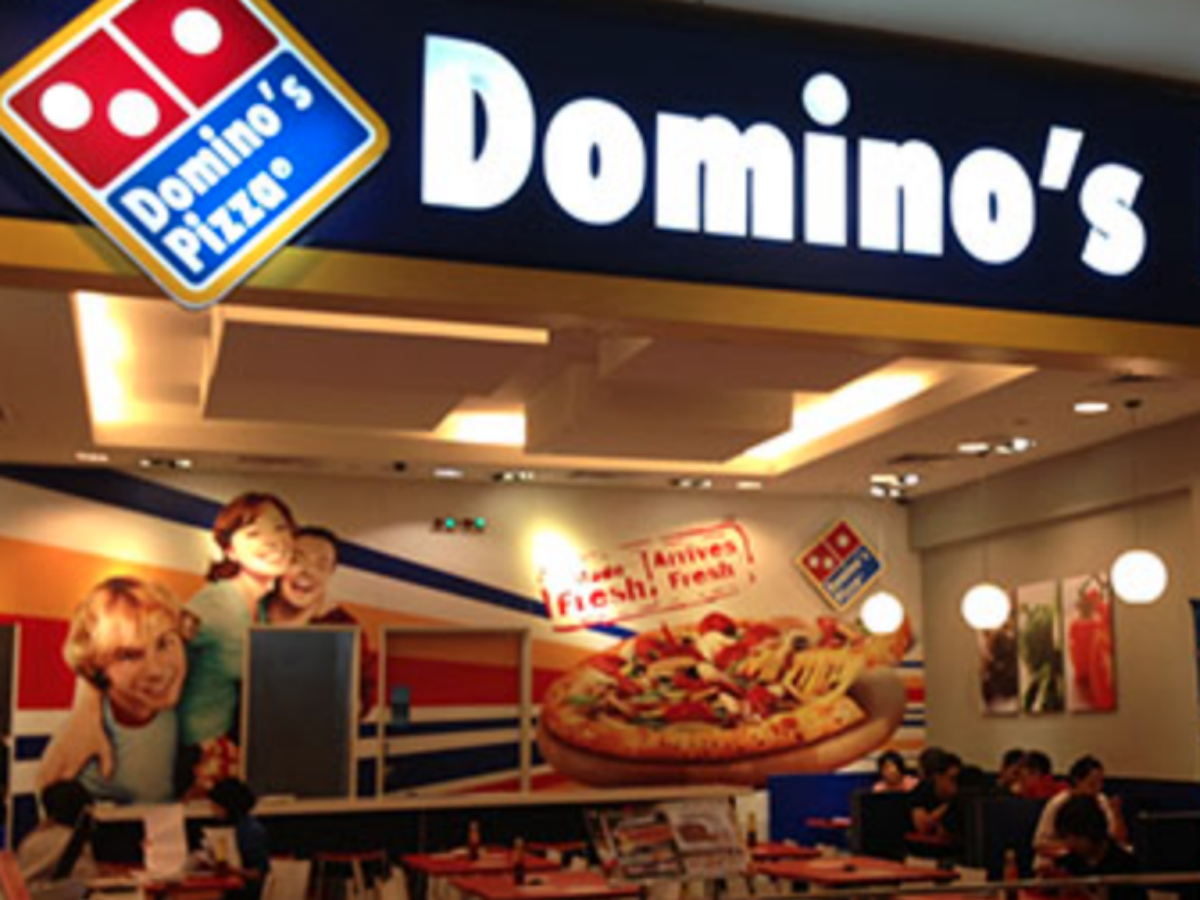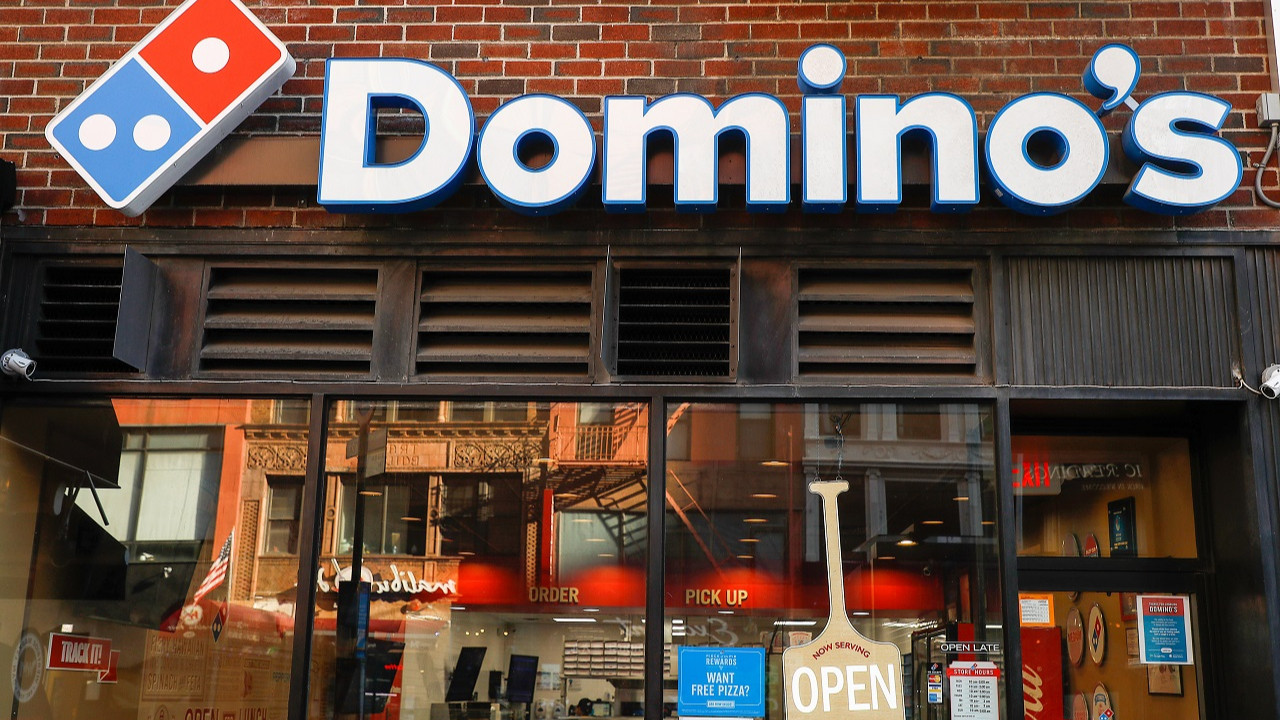Domino's Pizza: A Comprehensive Analysis of Business Strategy, Innovation, and Market Impact
Introduction:
Domino's Pizza, founded in 1960 in Ypsilanti, Michigan, has grown to become one of the world's largest and most recognizable pizza delivery chains. With a focus on quality, convenience, and innovation, Domino's has revolutionized the pizza industry and expanded its global footprint, serving millions of customers in over 90 countries. This essay provides a comprehensive analysis of Domino's Pizza, examining its business strategy, innovative practices, and impact on the market.
History and Growth:
Domino's Pizza was founded by Tom Monaghan and his brother James Monaghan in 1960, initially as a small pizzeria called "DomiNick's" in Ypsilanti, Michigan. The business struggled in its early years, but in 1965, Tom Monaghan bought out his brother's share of the company and renamed it "Domino's Pizza, Inc." Under Monaghan's leadership, Domino's adopted a delivery-focused model, capitalizing on the growing demand for convenient food delivery services.
Throughout the 1970s and 1980s, Domino's expanded rapidly, opening new stores across the United States and pioneering innovations such as the 30-minute delivery guarantee. By the 1990s, Domino's had become a household name, synonymous with fast, affordable pizza delivery. The company continued its international expansion, opening stores in countries around the world and establishing a global presence.
Business Strategy:
Domino's Pizza's success can be attributed to its strategic focus on several key areas:
- Delivery and Convenience: Domino's differentiated itself in the pizza market by prioritizing delivery and convenience. The company's iconic 30-minute delivery guarantee, although discontinued in 1993 due to safety concerns, helped establish Domino's as the go-to option for quick, hassle-free pizza delivery. Today, Domino's continues to prioritize efficient delivery and convenience, leveraging technology to streamline ordering and delivery processes.
- Product Innovation: Domino's has been at the forefront of product innovation in the pizza industry, continually introducing new menu items, flavors, and customization options to cater to changing consumer preferences. Notable innovations include the Domino's Tracker, an online tool that allows customers to track their pizza from order to delivery, and the "Pizza Profiles" feature, which stores customers' favorite orders for easy reordering.
- Digital Transformation: Domino's has embraced digital technology to enhance the customer experience and drive sales growth. The company's mobile app and website offer seamless ordering and payment options, allowing customers to place orders with just a few taps on their smartphones. Domino's has also invested in artificial intelligence and data analytics to personalize marketing campaigns and improve operational efficiency.
- Franchise Model: Domino's operates on a franchise business model, allowing entrepreneurs to own and operate their own Domino's stores. This decentralized approach has enabled rapid expansion while minimizing capital investment for the company. Franchisees benefit from Domino's brand recognition, marketing support, and operational expertise, creating a mutually beneficial relationship.
Innovative Practices:
Domino's Pizza has implemented several innovative practices to stay ahead of the competition and meet the evolving needs of consumers:
- Pizza Delivery Technology: Domino's has invested heavily in delivery technology to improve efficiency and accuracy. The company utilizes GPS tracking systems in delivery vehicles to optimize routes and reduce delivery times. Additionally, Domino's has experimented with delivery robots and drones in select markets to explore alternative delivery methods.
- Menu Diversification: In response to changing consumer preferences and dietary trends, Domino's has diversified its menu to offer a wide range of options beyond traditional pizza. This includes specialty pizzas, pasta dishes, chicken wings, sandwiches, and desserts, catering to a broader audience and increasing customer loyalty.
- Environmental Sustainability: Domino's has made commitments to environmental sustainability, implementing initiatives to reduce waste, conserve energy, and minimize its carbon footprint. This includes using eco-friendly packaging materials, optimizing delivery routes to reduce fuel consumption, and investing in energy-efficient equipment in stores.
Market Impact:
Domino's Pizza's innovative business strategy and commitment to quality have had a significant impact on the pizza industry and the broader food delivery market:
- Market Leadership: Domino's Pizza is a market leader in the global pizza delivery segment, consistently outperforming competitors in terms of sales, market share, and brand recognition. The company's focus on delivery and convenience has resonated with consumers, solidifying its position as a trusted provider of affordable, high-quality pizza.
- Competitive Pressure: Domino's success has put pressure on competitors to innovate and adapt to changing consumer preferences. Rival pizza chains and food delivery platforms have been forced to invest in technology, improve service quality, and diversify their menus to remain competitive in the market.
- Digital Disruption: Domino's digital transformation has disrupted the traditional food delivery market, challenging established players and reshaping consumer expectations. The company's seamless online ordering platform and mobile app have set a new standard for convenience and efficiency, forcing competitors to invest in their digital capabilities to stay relevant.
- Community Engagement and Marketing: Domino's Pizza has also distinguished itself through its community engagement initiatives and innovative marketing campaigns. The company actively participates in local communities through charitable partnerships, sponsorships, and events, fostering goodwill and strengthening its brand presence. Additionally, Domino's has leveraged creative marketing strategies to connect with consumers and generate buzz around its products. From memorable advertising campaigns to social media promotions and interactive experiences, Domino's consistently finds new ways to engage with its audience and drive brand loyalty.
Conclusion:
Domino's Pizza's journey from a small pizzeria in Michigan to a global pizza delivery powerhouse is a testament to the company's strategic vision, innovation, and commitment to customer satisfaction. By prioritizing delivery and convenience, embracing digital technology, and continuously innovating its products and services, Domino's has carved out a unique position in the highly competitive food delivery market.
As Domino's continues to expand its global footprint and explore new opportunities for growth, its legacy as a pioneer in the pizza industry and a leader in innovation is sure to endure. With its unwavering focus on quality, convenience, and customer experience, Domino's Pizza remains a beloved brand and a symbol of success in the world of fast-food delivery.




































